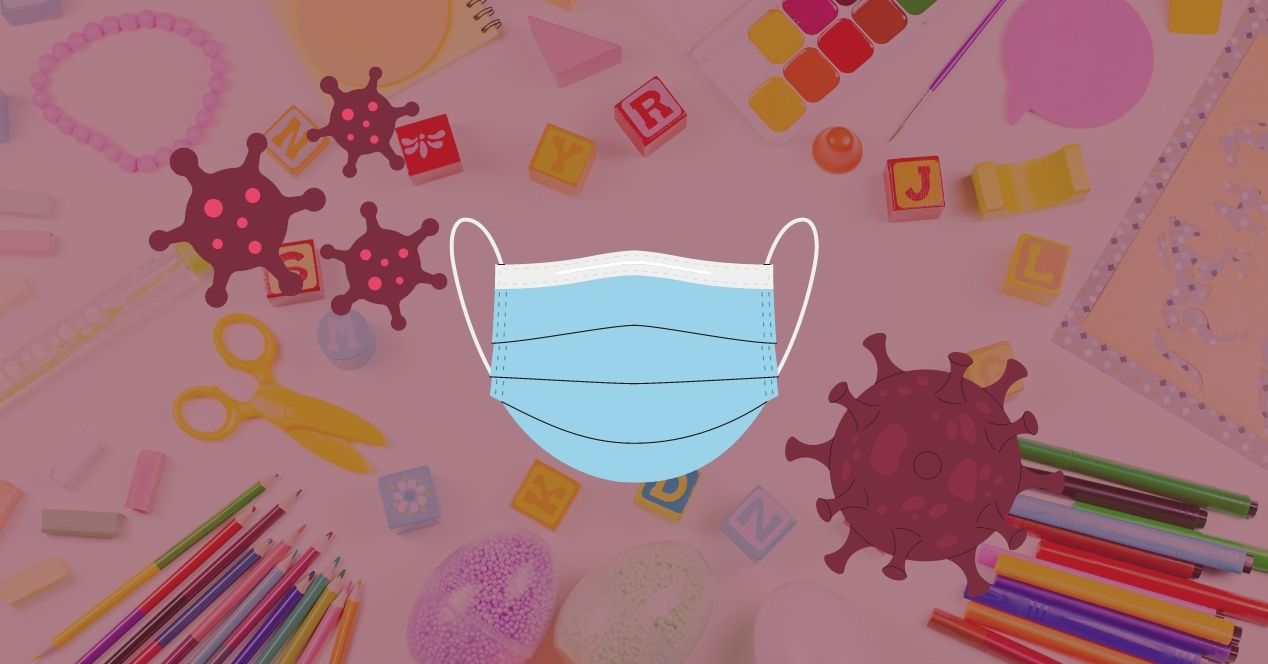Analysis
COVID Coverage: Children in Protection Homes, February 1st 2022
On February 1st 2022, the Supreme Court issued an Order on the recording the statements of child witnesses in criminal trials.
Over the course of the past year, the Supreme Court has engaged extensively with the rights of children, increasingly vulnerable during the COVID-19 pandemic. The Court initially addressed the conditions of children in protection homes. However, it soon began to additionally engage with the concerns of child witnesses.
On February 1st 2022, the Supreme Court issued an Order laying down guidelines for recording the statements of child witnesses in criminal trials through video conferencing.
The Bench consisting of Justices Nageswara Rao and B.R. Gavai noted that no High Court had objected to the draft Standard Operating Procedure (SOP) that had been circulated by the Amicus to examine child witnesses remotely. In earlier hearings, the Court had dealt with guidelines recommending the appointment of a Remote Point Coordinator (RPC) who would record the children’s statements virtually.
The Court on February 1st ordered that the RPC must adopt child-friendly practices. The Bench stated that a daily honorarium of Rs. 1500 would be paid to RPCs. The National Legal Services Authority (NALSA) is responsible for paying this honorarium to RPCs. NALSA must provide legal assistance to the child witness if she is not already represented by counsel.
The Court commended NALSA for strengthening video conferencing facilities in Uttar Pradesh, Bihar, West Bengal, Assam and Orissa.
In the event that video conferencing facilities are not available at court complexes, the offices of the District Legal Services Authority may be used to record the testimonies of child witnesses.
The Court directed NALSA to publish details regarding the availability of video conferencing facilities as well as the names of the RPCs both on its website as well as the websites of the State Legal Services Authorities.
The Court said that in-camera proceedings would be conducted when required, such as in child trafficking cases.
The writ petition is scheduled to be heard next on May 1st 2022.

